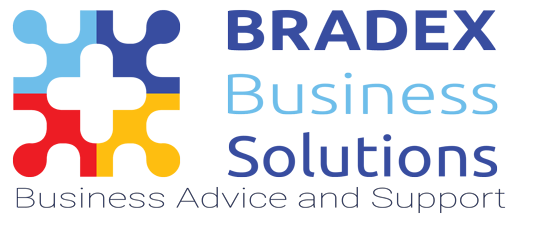This guide to annual essential board matters ensures that the board remains focused, strategic, and compliant throughout the year. I wrote this after a client asked me a similar question, as she is new to the boardroom. Then, it was presented as a question in a discussion group for Non-Executive Directors that I am a member of.
Below is our comprehensive straight-talking guide tailored for all types and sizes of organisations, from businesses to charities and NGOs. Each item ensures governance, operational oversight, and long-term success.
Quarterly Breakdown of Annual Essential Board Matters
Q1: Strategic Planning and Review
– Annual Strategy Review: Align the organisation’s strategic plan with current goals and external factors.
– Budget Approval: Finalise and approve the budget for the fiscal year.
– Risk Management Plan: Review and update the risk register, addressing key organisational risks.
– Compliance Checks: Ensure regulatory filings and compliance requirements are met (e.g., tax filings, charity reports, Companies House updates).
– Board Training and Development: Conduct sessions to align directors with governance best practices and emerging trends.
– Performance Metrics Review: Analyse the previous year’s KPIs and set new metrics.
Q2: Operational Oversight and Mid-Year Adjustments
– Mid-Year Financial Review: Check performance against the budget and forecast if necessary.
– Policy Reviews: Update key organisational policies (e.g., HR policies, cybersecurity, GDPR compliance).
– Stakeholder Engagement: Plan and review communication with stakeholders, such as shareholders, donors, or beneficiaries.
– Talent Management: Review senior leadership performance and succession planning.
– Governance Review: Assess board effectiveness and consider recruitment or rotation of members.
– Sustainability Review: Evaluate progress on sustainability initiatives or ESG (Environmental, Social, Governance) goals.
Q3: Strategic Risks and Growth Opportunities
– Scenario Planning: Discuss and prepare for potential market, industry, or funding changes.
– Deep Dive Sessions: Allocate time to explore specific challenges or opportunities (e.g., M&A, expansion, partnerships).
– Annual General Meeting (AGM): Prepare for and conduct the AGM (if applicable).
– Performance Review: Review mid-year organisational performance against strategic goals.
– Innovation and Technology Updates: Assess investments in new technologies or processes.
– Impact Assessment: For charities/NGOs, evaluate the impact of programmes or campaigns.
Q4: Year-End Compliance and Planning
– Financial Year-End Preparations: Ensure audits and financial statements are in progress or completed.
– Review and Ratify Annual Report: Finalise the annual report, ensuring it captures achievements and financial performance.
– Set the Next Year’s Agenda: Outline key priorities for the upcoming year.
– Board Appraisals: Conduct individual and collective performance reviews for board members.
– Fundraising and Resource Allocation: For charities/NGOs, strategies for end-of-year fundraising efforts and allocate resources for the new year.
– Stakeholder Feedback: Review feedback from stakeholders to inform strategic and operational plans.
– Cultural Assessment: Reflect on organisational culture and any necessary leadership adjustments.
Ongoing Items Throughout the Year
– Monthly or Bi-Monthly Financial Updates: Regular financial performance updates.
– Crisis Management: Preparedness to address unforeseen challenges.
– Key Stakeholder Communication: Engage with major stakeholders as needed.
– Board Meeting Follow-Up: Monitor action points and resolutions.
– Networking and Partnerships: Identify and pursue strategic relationships to support organisational growth.
Annual Essential Board Matters: Key Outputs
1. Strategic Plan
2. Budget and forecast
3. Risk Register Updates
4. Compliance Filings
5. Annual Report
6. Governance Effectiveness Review
7. KPI Dashboard





